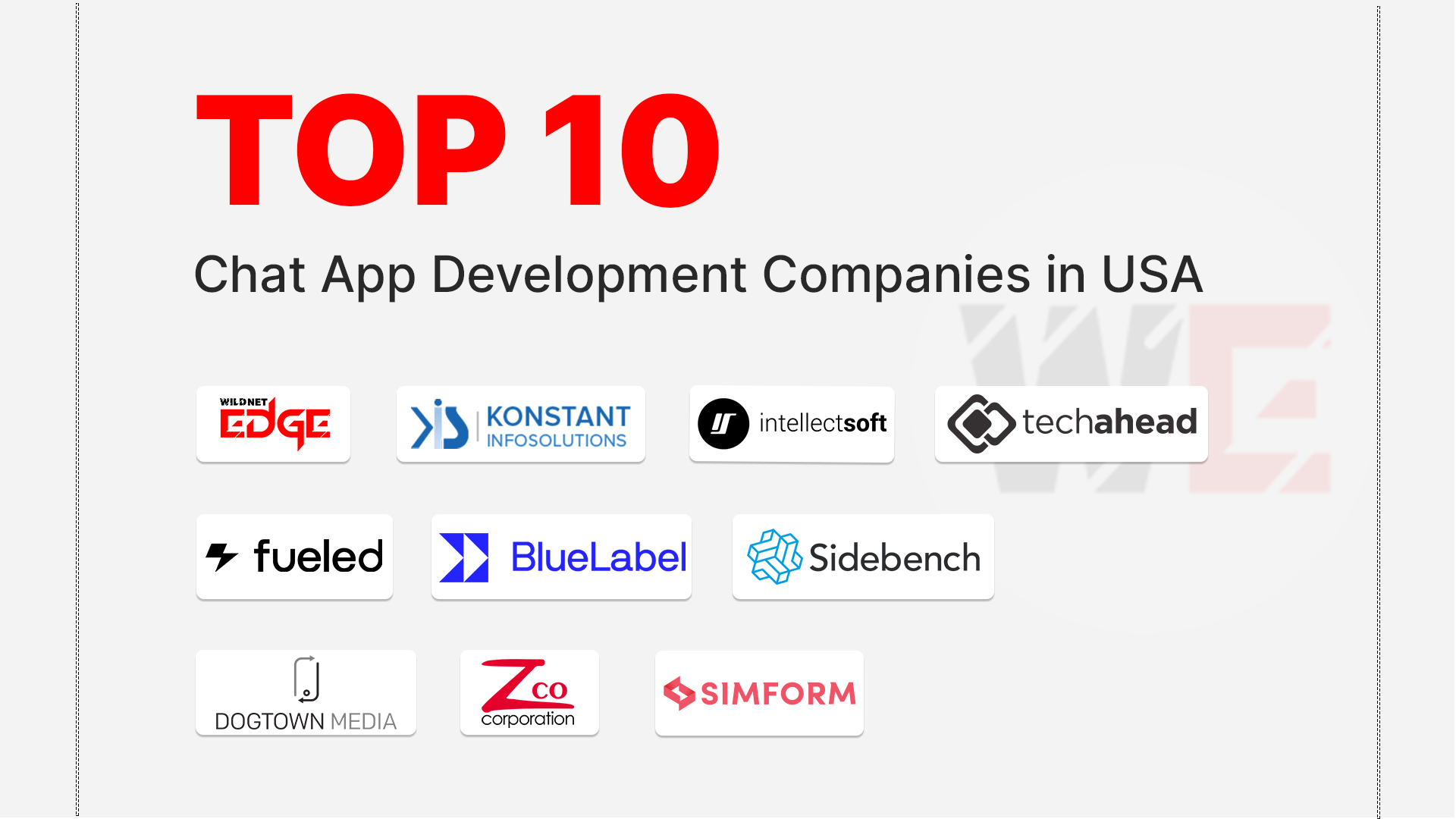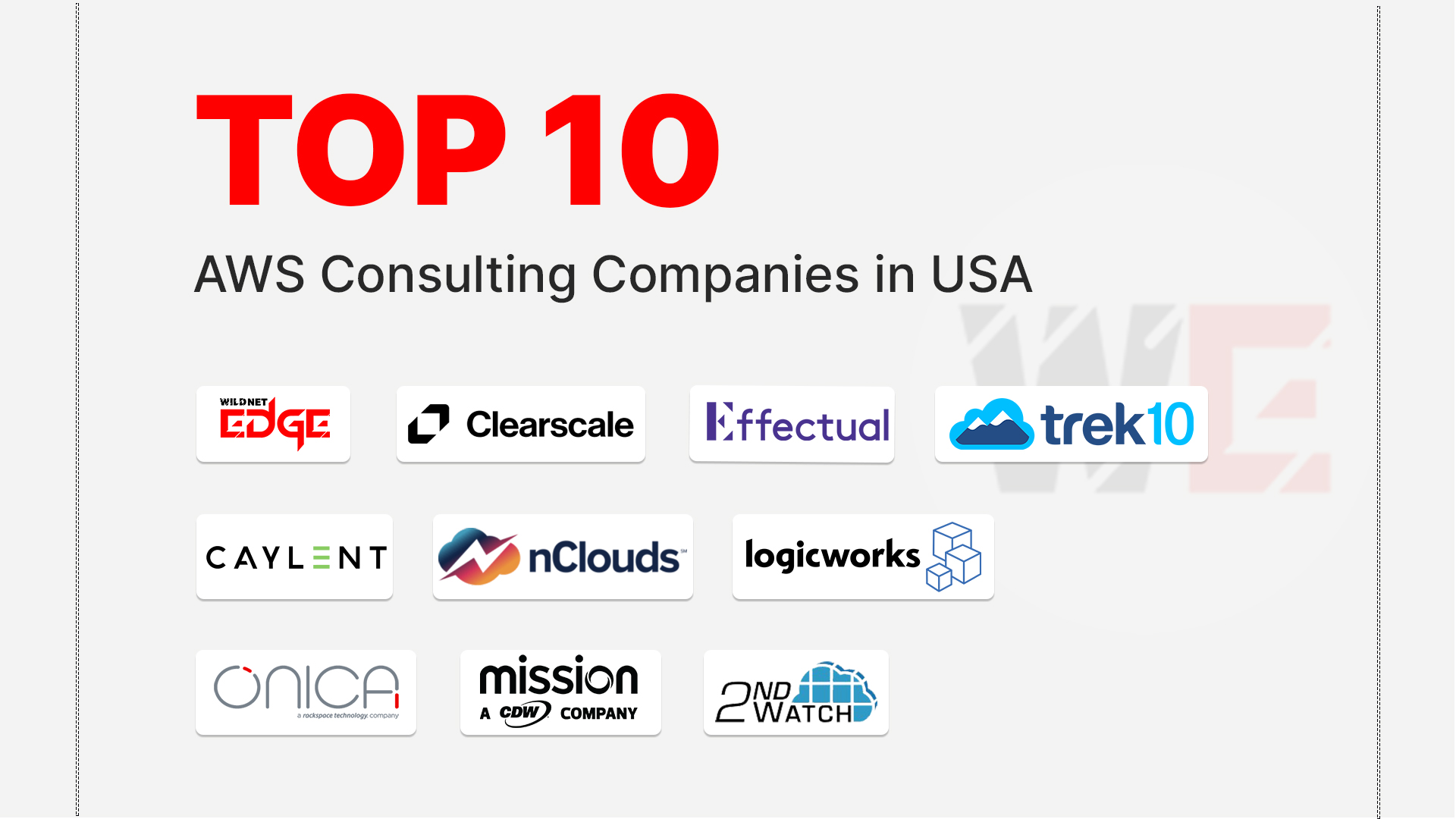In today’s fast-paced digital landscape, integrating various software solutions can be a significant challenge for many businesses. Do you often find yourself struggling with system connectivity? If so, you’re not alone. Fortunately, API software development offers a powerful solution to these frustrations. By building Application Programming Interfaces (APIs), organizations can streamline communication between software applications, thus enhancing functionality and productivity. This article will guide you through understanding API software development, its importance in system integration, its myriad benefits, best practices, effective tools, and the latest trends shaping the future of this essential technology.
Understanding API Software Development
What Is API Software Development?
API software development is the process of creating APIs—sets of rules and protocols that allow different software components to communicate effectively. At its core, an API acts as an intermediary, enabling different applications to exchange data. Key terminology in API development includes:
- Endpoint: A specific URL where an API can be accessed.
- Request: The action taken by a client intending to retrieve data or perform an operation.
- Response: The return message from the server after a request, typically containing the data or status information.
- REST (Representational State Transfer): An architectural style that defines a set of constraints for creating APIs, ensuring scalability and efficiency.
Understanding these concepts is crucial for effective API software development, as it lays the groundwork for creating well-structured and efficient interfaces.
Importance of API in System Integration
APIs play a pivotal role in system integration by serving as the connective tissue between disparate software solutions. They allow various services and applications to interact seamlessly without requiring extensive custom coding. This integration yields numerous benefits for businesses and developers:
- Improved Collaboration: Teams can leverage existing services and applications, enhancing inter-departmental cooperation.
- Faster Development Cycles: Rather than starting from scratch, developers can utilize existing APIs to speed up the software development process.
- Enhanced User Experience: APIs facilitate the creation of more cohesive applications, leading to better user satisfaction.
With these advantages, it’s clear that API software development is essential for achieving optimal system integration and ensuring your organization remains agile in a competitive landscape.
Benefits of API Software Development
Enhanced Connectivity and Interoperability
APIs provide enhanced connectivity by ensuring that different systems can communicate effectively. This ability is essential in a world where businesses rely on multiple software platforms to operate efficiently. Here are some factors highlighting how APIs improve communication:
- Standardized Communication: APIs create a set of protocols for data exchange, ensuring that all systems speak the same language.
- Compatibility Across Platforms: APIs enable disparate systems—such as CRM, ERP, and analytics tools—to work together harmoniously. For instance, a marketing automation platform can pull customer data from a CRM through an API, allowing for targeted marketing efforts.
- Real-Time Data Sharing: APIs facilitate instant updates, ensuring that all users are accessing the latest information in real-time.
This enhanced connectivity translates into operational efficiencies, enabling businesses to respond swiftly to changes and improve overall productivity.
Cost Efficiency and Scalability
One major advantage of API software development is its cost efficiency. By leveraging existing APIs, businesses can save significant resources in development and operational costs. Consider the following aspects:
- Reduced Development Time: Using APIs allows developers to build on top of existing software, minimizing redundant work and speeding up time-to-market.
- Cost-Effective Maintenance: APIs are easier to maintain compared to traditional applications, as updates to a backend service can be rolled out without disrupting the front-end applications.
- Scalability: As businesses grow, their software needs evolve. APIs allow organizations to scale their operations seamlessly. For example, an e-commerce platform may start with a basic payment processor and expand to multiple payment gateways through the addition of new APIs without overhauling the entire system.
These factors illustrate how API software development not only cuts costs but also prepares businesses for future growth.
Best Practices for API Software Development
Designing Efficient APIs
Designing effective APIs requires careful consideration and planning. Here are some best practices to ensure your APIs are efficient:
- Use RESTful Principles: RESTful APIs are easy to use and understand as they rely on standard HTTP methods (GET, POST, PUT, DELETE). This approach makes APIs more intuitive for developers.
- Implement Versioning: As your API evolves, it’s crucial to maintain versions to avoid breaking existing integrations. Use a versioning strategy to manage updates smoothly.
- Provide Comprehensive Documentation: Clear and thorough documentation enhances user experience by making it easier for developers to understand how to use your API effectively.
User experience should always be a focal point. The clearer and more accessible your API is, the easier it will be for developers to implement and contribute to its ecosystem.
Testing and Iteration Strategies
Thorough testing is essential to ensure the reliability and performance of your API. Here are some critical testing strategies to adopt:
- Automated Testing: Implement automated tests to validate API functionality continuously. Tools like Postman can help automate testing scenarios, providing rapid feedback on API performance.
- Iterative Development: Adopt an iterative approach to API development. Regularly update and test your APIs based on user feedback and changing requirements.
Effective testing and continuous iteration will ensure that your API remains reliable, functional, and aligned with user needs.
Tools for Effective API Software Development
Popular Development Frameworks
Choosing the right tools can significantly enhance the efficiency and effectiveness of your API software development process. Here are some popular frameworks utilized in the development of APIs:
- Express: A fast, unopinionated framework for Node.js. Express is widely used for building RESTful APIs and allows developers to create robust applications swiftly.
- Django: A high-level Python web framework that encourages rapid development and clean, pragmatic design. Django comes with built-in features for API development, such as the Django REST framework.
- Spring Boot: A Java-based framework that simplifies the development of stand-alone applications. It’s particularly popular for building enterprise-level applications.
Selecting the right development framework can streamline your API creation process and improve overall productivity.
Testing Tools and Platforms
Effective testing is vital for ensuring your APIs perform as expected. Here are a few widely-used testing tools and platforms:
- Postman: This tool allows developers to design, test, and document APIs. Its user-friendly interface simplifies working with API endpoints, making it easy to identify issues before deployment.
- SoapUI: An advanced API testing tool tailored for both REST and SOAP APIs. It offers features for functional testing, performance testing, and security testing.
- JMeter: Primarily a performance testing tool, JMeter can be utilized to test the performance of APIs to ensure they can handle the expected load.
Leveraging these tools will enhance the reliability of your API while minimizing potential issues before they impact users.
The Role of APIs in System Integration
Integrating Diverse Software Solutions
As companies adopt a suite of software solutions ranging from CRM systems to project management tools, integration becomes a critical concern. Here’s how APIs address common integration challenges:
- Diverse Systems Compatibility: APIs enable connectivity between systems built on different technologies and languages, maximizing resource utilization.
- Centralized Data Access: APIs provide a single point of access for integrated systems, streamlining data retrieval across platforms.
- Problem Resolution: Whenever data needs to be consolidated or shared among systems, APIs can facilitate the needed communication and function as a bridge to eliminate barriers.
This highlights the invaluable role of APIs in enhancing operability across various software solutions.
Case Studies of Successful Integrations
Real-world examples can illustrate the profound impact of API software development on system integration. Consider the case of Slack and Google Drive. Through their API integration, users can easily share files from Google Drive directly within Slack conversations. This seamless operation has enhanced collaboration and productivity among teams, showcasing how effective API integration can transform workflows and user experiences.
Another example is Zomato, a popular restaurant discovery platform. By integrating multiple APIs, Zomato consolidates data from various sources, including restaurant menus, customer reviews, and delivery options. This unified platform not only enhances user satisfaction but has also increased Zomato’s market positioning as a reliable source for dining choices.
These case studies underscore the benefits realized by companies that effectively leverage API software development for system integration.
Future Trends in API Software Development
Rise of API-First Development
As businesses recognize the importance of flexible software architectures, there’s a growing shift toward API-first development. This approach prioritizes API design before any application is built. Here are key implications:
- User-Centric Development: API-first development encourages a focus on the end-user experience from the outset, leading to more usable and integrated solutions.
- Faster Time-to-Market: With APIs being developed as a core component, companies can launch their products faster, adapting to market needs promptly.
- Cross-Department Collaboration: This methodology requires close collaboration between development teams, resulting in more cohesive products that meet organizational objectives.
Embracing an API-first mindset positions businesses to remain agile and responsive in a rapidly changing digital environment.
Increased Focus on Security and Compliance
As API usage continues to grow, so does the need for robust security measures. Companies are increasingly prioritizing API security to protect sensitive data and comply with regulations. Key strategies include:
- Authentication Protocols: Implementing OAuth and other security standards to ensure only authorized users can access your APIs.
- Rate Limiting and Throttling: Prevents misuse of APIs by limiting the number of requests a user can make within a specific timeframe.
- Regular Security Audits: Conducting regular audits and penetration testing to identify and fix vulnerabilities, ensuring compliance with industry regulations such as GDPR and HIPAA.
This growing emphasis on security and compliance highlights the importance of building resilient systems to safeguard both user data and organizational integrity.
Conclusion
API software development is crucial for achieving seamless system connectivity. It encompasses various aspects, from enhancing interoperability to providing cost efficiency and scalability. As organizations increasingly rely on multiple software solutions, choosing the right development framework and adhering to best practices becomes essential. As an AI-first company, Wildnet Edge provides trusted solutions for API integration, helping businesses connect their systems more efficiently. Stay ahead of the curve by prioritizing API development, ensuring your organization is equipped to adapt to future challenges and opportunities.
Ready to unlock the power of API software development? Explore how you can integrate your systems seamlessly today.
FAQs
Q1: What is the significance of API software development?
A1: API software development is crucial for enabling seamless communication between different software systems, facilitating better integration and functionality.
Q2: How can APIs improve system integration?
A2: APIs streamline the process of system integration by providing standardized ways for applications to communicate and share data efficiently.
Q3: What are best practices for API software development?
A3: Best practices include designing clear and consistent APIs, thorough testing, and maintaining documentation for user accessibility.
Q4: Which tools are essential for API development?
A4: Essential tools for API development include frameworks like Express and Django, as well as testing platforms such as Postman.
Q5: What trends are shaping the future of API development?
A5: Key trends include the rise of API-first development strategies and a greater focus on security and compliance in API design.

Managing Director (MD) Nitin Agarwal is a veteran in custom software development. He is fascinated by how software can turn ideas into real-world solutions. With extensive experience designing scalable and efficient systems, he focuses on creating software that delivers tangible results. Nitin enjoys exploring emerging technologies, taking on challenging projects, and mentoring teams to bring ideas to life. He believes that good software is not just about code; it’s about understanding problems and creating value for users. For him, great software combines thoughtful design, clever engineering, and a clear understanding of the problems it’s meant to solve.
 sales@wildnetedge.com
sales@wildnetedge.com +1 (212) 901 8616
+1 (212) 901 8616 +1 (437) 225-7733
+1 (437) 225-7733
















 AI Development Services
AI Development Services Industry AI Solutions
Industry AI Solutions AI Consulting & Research
AI Consulting & Research Automation & Intelligence
Automation & Intelligence













